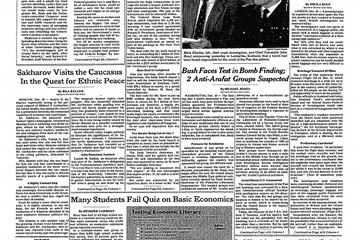The Enduring Legacy of Margaret Thatcher

Introduction
Margaret Thatcher, the first female Prime Minister of the United Kingdom, served from 1979 to 1990 and is a figure whose policies and leadership style continue to evoke strong opinions and influence contemporary politics. Known as the ‘Iron Lady’, Thatcher’s approach to governance and economics not only reshaped the Conservative Party but also left an indelible mark on British society and global politics. Understanding her legacy is essential for anyone interested in the evolution of the UK’s political landscape.
Thatcher’s Policies and Their Impact
Thatcher came to power at a time when the UK was grappling with economic challenges, including high inflation and unemployment. Her government implemented a series of radical economic reforms, known as ‘Thatcherism’. This included reducing the power of trade unions, privatising state-owned industries, and fostering a free-market economy. These policies sparked fierce debate, dividing public opinion between those who praised her for revitalising the economy and those who condemned her for increasing social inequality.
Under her leadership, notable events included the Falklands War in 1982, which boosted her popularity, and significant reductions in government spending. By enhancing the role of the private sector, she aimed to empower individuals through entrepreneurship, leading to a booming housing market and financial sector during the 1980s. However, the impacts of these reforms set the stage for rising levels of poverty and the decline of traditional manufacturing industries, particularly in the north of England.
Controversies Surrounding Thatcher’s Leadership
Thatcher’s tenure was not without controversy. Her staunch stance against communism and strong support for the United States during the Cold War led to accusations of alienating sections of the British public. The Poll Tax, introduced in 1990, triggered widespread protests and was cited as a primary reason for her eventual resignation. Following her departure from office, her legacy continued to be a topic of heated discussions, with varying interpretations reflecting political affiliations.
Conclusion
Margaret Thatcher remains a polarising figure in British history, her policies and leadership style profoundly influencing subsequent generations of politicians and the political landscape itself. As debates continue regarding the consequences of her policies, both positive and negative, it’s clear that understanding her impact is crucial for assessing current political dynamics in the UK. Her legacy serves as a reminder of the complexities of governance and the ongoing conversation about the balance between economic growth and social welfare.









